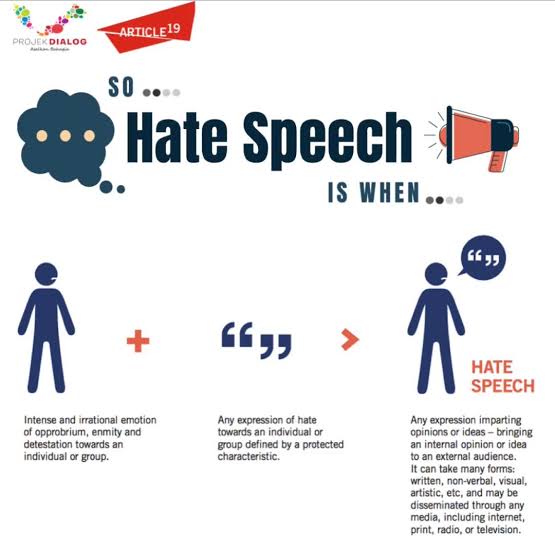In a world that increasingly values individual freedoms and human rights, the recent decision by Australia to ban Nazi salutes and the display of swastikas is an issue that raises important questions about the intersection of freedom of speech and the responsibility to protect minorities. This decision, while rooted in the desire to combat hate and extremism, prompts us to examine the balance between protecting freedom of expression while preventing the spread of harmful ideologies.
Freedom of speech is a fundamental human right, included in numerous international conventions and treaties. It serves as a cornerstone of democratic societies, enabling individuals to voice their opinions, beliefs, and ideas without fear of censorship or reprisal. However, this right is not absolute and must be weighed against the potential harm it can cause, particularly when used as a weapon against marginalized communities.

The actions Australia has taken to ban Nazi salutes and swastikas reflect an awareness of the harm caused by hate symbols and ideologies. These symbols, closely associated with the atrocities committed during World War II, represent a painful history of genocide, discrimination, and suffering. They have been used to propagate hatred and intolerance, often targeting minority groups, including the LGBTQ+, Jewish, and transgender communities.
From an internationalist perspective on human rights, it is essential to recognize that the restriction of Nazi symbols can be seen as a measure to protect the human rights of vulnerable populations. When freedom of speech is weaponized to incite violence, discrimination, or hatred against certain groups, it infringes upon the rights of those individuals to live free from fear and persecution.
This decision should not be viewed as an infringement on freedom of speech itself but rather as a targeted effort to limit the promotion of hate and discrimination. It demonstrates Australia’s commitment to balancing individual liberties with the responsibility to protect the dignity and rights of all its citizens, particularly those who are most vulnerable.
In conclusion, the Australian ban on Nazi salutes and swastikas reflects the complexity of navigating the fine line between freedom of speech and the prevention of hate speech. While it is crucial to protect the right to express oneself, it is equally important to safeguard the human rights of those who may be harmed by the misuse of this freedom. Australia’s decision serves as a reminder that defending human rights and promoting a culture of inclusivity are essential components of a just and democratic society.

References:
- Vinall, F. (2024, 9 enero). Australia bans nazi salutes, swastikas after extremist right-wing protests. Washington Post. https://www.washingtonpost.com/world/2024/01/09/australia-bans-nazi-salutes-swastikas/
- Lagan, B. (2022, 4 abril). New South Wales bans display of Nazi symbols as far-right activity surges. The Times. https://www.thetimes.co.uk/article/new-south-wales-bans-display-of-nazi-symbols-as-far-right-activity-surges-8m80tlvng
- ChatGPT. (n.d.). OpenAI. https://chat.openai.com/#
- Pdadmin. (2020, 30 octubre). Hate Speech: an infographic – Projek dialog. Projek Dialog. https://projekdialog.com/blog/hate-speech-an-infographic/









No responses yet